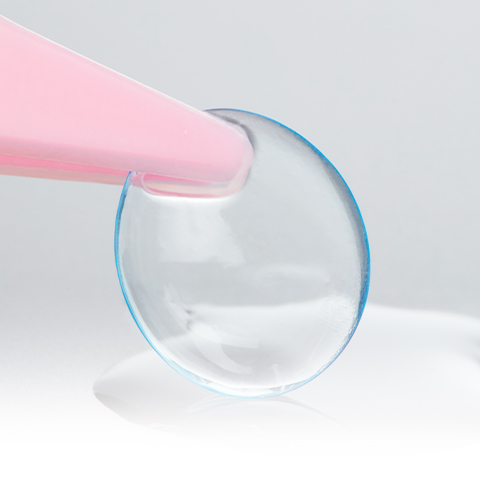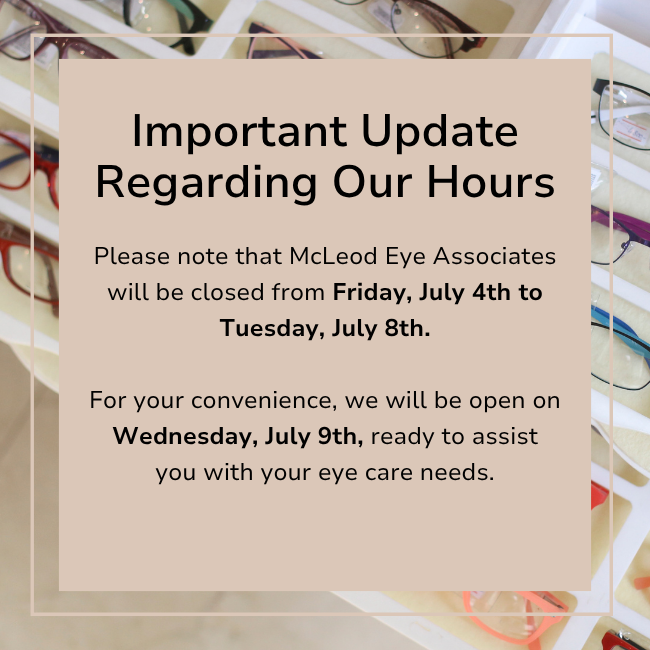Healthy Long-Term Vision
Our team takes a hands-on approach to preserve and protect your long-term vision. Eye disease can come in many forms, including glaucoma, cataracts, diabetic eye disease, and age-related macular degeneration (AMD).
We implement innovative diagnostic technology to detect, monitor, and treat different forms of eye disease.
Contact us to schedule an appointment and get your comprehensive eye health and vision checkup.
Book AppointmentEarly Detection & Treatment
Eye disease can take different forms with varying symptoms. We understand the signs of eye disease and strive to detect any potential issues early. Early detection allows us to create personalized plans for preventing avoidable vision loss.
We believe in keeping our patients informed and comfortable throughout the process. Eye disease management begins with frequent eye exams—book yours today.

Our Diagnostic Technology
Our belief and utilization of diagnostic technology separates our eye disease diagnosis and management services.
OCT
Optical coherence tomography is a noninvasive imaging test that involves using light waves to take a cross-sectional image of your retina. OCT allows our team to see the layers of your retina to map and measure their thickness.
These measurements can help us diagnose and manage eye diseases like glaucoma, age-related macular degeneration, and diabetic eye disease.
Optos Retinal Imaging
Optos retinal imaging allows our team to see 80% of your retina for a clear, ultra-widefield image to help us examine your eyes in detail. The process involves taking a digital snapshot of your retina rather than having to examine it manually.
Visual Field Testing
A visual field test helps determine how wide of an area your eye can see when you focus on a central point. Visual field testing allows us to determine how much vision you have in your eyes and how much vision loss has occurred.
Visual field testing can help diagnose eye diseases like glaucoma and age-related macular degeneration.
Corneal Topography
Corneal topography is an imaging technique that maps the surface of the eye. Corneal topography works a lot like a 3D map to help find distortions in the curvature of your cornea, which is normally smooth.
Corneal topography can help prepare you for cataract surgery and can be used to find astigmatism and early cases of keratoconus.
Supporting the Macula with Supplements
MacuHealth is a medical-grade nutritional supplement created to support visual health. The formula mirrors the same 10:10:2 ratio of the 3 macular carotenoids that make up the eye’s natural macular pigment. Carotenoids act as an antioxidant, protecting healthy tissue from damage.
Macular carotenoids (lutein, meso-zeaxanthin, and zeaxanthin) help build and maintain cells in the retina (including the macula). Quality supplements can help ensure your eyes receive essential antioxidants to stay healthy and decrease the risk of developing sight-threatening diseases, like macular degeneration.
Types of Eye Disease
Exploring the different types of eye diseases can help you recognize some of the early risk factors and symptoms that can potentially lead to vision loss.
Glaucoma
Glaucoma is a group of eye conditions that cause damage to the optic nerve, which can lead to vision loss and blindness if not detected and treated early. The optic nerve is responsible for carrying information your eyes receive to your brain, providing vision.
Damage from glaucoma can be caused by abnormally high pressure in the eye, referred to as intraocular pressure. Family history, age, and eye injuries are all glaucoma risk factors. We can use technology like OCT and visual field testing to detect glaucoma early.
Cataracts
Cataracts develop when the clear lens of the eye becomes clouded. The clouded area can vary from small areas to larger areas, causing a noticeable loss of vision. Blurry vision, decreased night vision, and dull or muted colors can all be signs of cataracts.
Diabetic Eye Disease
Diabetes can do more than just raise your blood sugar; it can also increase your risk of developing eye diseases like glaucoma, cataracts, and diabetic retinopathy, which is the primary vision loss concern for patients with diabetes.
Diabetic retinopathy is a condition that causes damage to the blood vessels of the retina. The signs of diabetic retinopathy can include blurry vision, black spots or holes in vision, and a loss of central vision. We use OCT and other diagnostic technologies to assist with early detection and treatment.
AMD
Age-related macular degeneration is a progressive disease that affects your central vision, damaging the macula. This damage can make things like reading and driving much more difficult. AMD is a leading cause of vision loss among older adults, and there are 2 main types:
- Dry AMD is the more common form of the disease and occurs in early, intermediate, and late stages. This form of AMD occurs when the macula thins with age.
- Wet AMD is the less common form of the disease and causes faster and more severe vision loss. Wet AMD occurs when abnormal blood vessels grow in the back of the eye and damage the macula.
We use OCT and visual field testing to detect and manage AMD. Prevention methods like giving up smoking, switching to a healthier diet, and consistent eye exams can help slow the progression of the disease.
In Your Corner Against Eye Disease
Eye disease can be challenging to manage and confusing, but you don’t have to deal with it alone. Our team implements innovative diagnostic technology into our eye exams to get the full picture of your eye health and develop personalized treatment plans.
Contact us to schedule your next appointment and get the peace of mind that comes with a comprehensive checkup.
Book AppointmentOur Brands



















